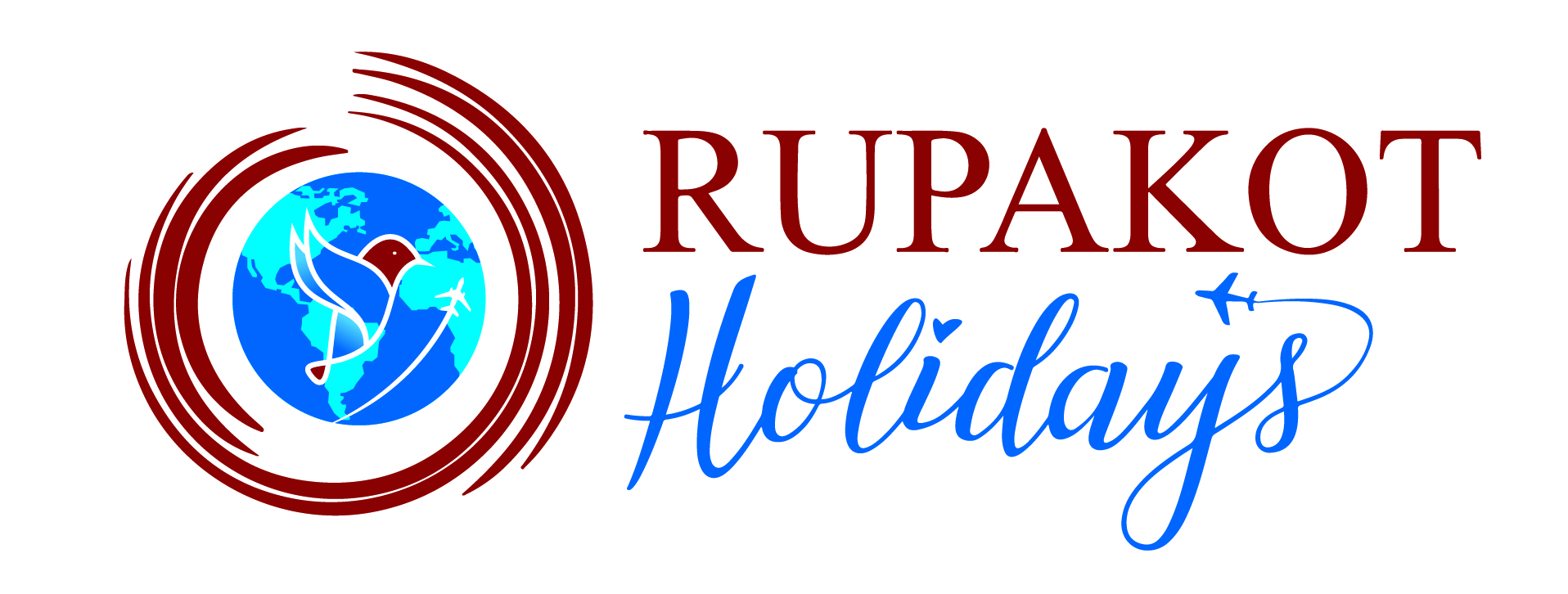Nepal Travel Guide: Essential Tips for an Unforgettable Journey
Before embarking on your adventure to Nepal, here are key aspects to consider for a smooth and enriching experience.
Entry Requirements
Visa Information
Visitors can obtain visas upon arrival at Tribhuvan International Airport (TIA) in Kathmandu or designated land border crossings. Alternatively, visas can be acquired from Nepalese embassies and diplomatic missions in advance.
Tourist Visa Fees:
- 15-day multiple-entry visa: USD 25 or equivalent in convertible currency
- 30-day multiple-entry visa: USD 40 or equivalent
- 90-day multiple-entry visa: USD 100 or equivalent
Visa Exemptions for Indian Nationals
Indian citizens do not require a visa to enter Nepal. However, they must carry a valid identification document such as a passport, driving license with a photo, or government-issued ID card.
Additional Visa Information
- Some nationalities must obtain a visa before arrival from a Nepalese embassy or diplomatic mission.
- Tourists can stay in Nepal for a maximum of 150 days within a calendar year (January 1 – December 31).
Getting to Nepal
By Air
Nepal has air connectivity with multiple international destinations. Nepal Airlines operates flights to and from Kuala Lumpur, Dubai, Bangkok, Doha, Hong Kong, and major Indian cities. Other airlines serving Kathmandu include Qatar Airways, Air India, Air China, Biman Bangladesh, China Eastern Airlines, Air Arabia, and more.
By Land
Travelers entering Nepal by land must carry a valid passport and visa. Major border entry points include:
- Kakarvitta (East)
- Birgunj, Belhiya, Bhairahawa (Central)
- Nepalgunj, Dhangadhi, Mahendranagar (West)
- Kodari/Rasuwa (for entry from Tibet)
Driving into Nepal
Visitors driving their own vehicles must carry an international carnet and fulfill customs formalities.
Money Matters
Currency Exchange & Credit Cards
- Foreign currencies, including USD, Euro, and Pound Sterling, can be exchanged at authorized banks and money exchange counters.
- Traveler’s cheques are accepted at most financial institutions.
- Credit cards such as Visa, Mastercard, and American Express are widely accepted in major cities and tourist areas.
Banking & ATMs
- Banks operate from 10 a.m. to 5 p.m. (Sunday to Friday).
- ATMs are available in major cities, accepting international debit and credit cards.
Communication & Connectivity
Telephone & Mobile Services
Nepal has reliable landline and mobile phone networks. Major telecom providers include:
- Nepal Telecommunications Corporation (NTC)
- Ncell (Private Operator)
To call Nepal from abroad: 00 + 977 (country code) + city code + number
Internet & Wi-Fi
- Internet access is widely available in hotels, restaurants, and cafes.
- Mobile data SIM cards can be purchased for on-the-go connectivity.
Postal Services
The Central Post Office in Kathmandu operates from 10 a.m. to 5 p.m. (Sunday to Friday). Express Mail Service (EMS) is available.
Electricity & Power Supply
- Nepal’s electricity supply is 220V, 50Hz.
Health & Safety Tips
Health Precautions
- Travel insurance covering medical emergencies, accidents, and evacuation is highly recommended.
- Basic medical kits should include altitude sickness medication, pain relievers, and water purification tablets.
- Kathmandu Valley has well-equipped healthcare facilities.
Food & Water Safety
- Avoid drinking tap water; bottled or purified water is recommended.
- Street food is delicious but ensure it’s fresh and hygienically prepared.
Altitude Considerations
- If trekking, acclimatization is crucial to avoid altitude sickness.
- Follow recommended trekking guidelines and hire licensed guides and porters.
Cultural Etiquette & Local Customs
- Greet locals with “Namaste”—a respectful gesture with palms pressed together.
- Dress modestly, especially at religious sites.
- Remove shoes before entering temples and monasteries.
- Seek permission before photographing people, especially in rural areas.
- Avoid public displays of affection, as they are considered inappropriate.
Accommodation Options
Nepal offers a range of accommodations to suit every budget:
- Luxury hotels & boutique lodges (Kathmandu & Pokhara)
- Guesthouses & budget hotels (Urban areas)
- Teahouses & homestays (Trekking regions)
It is advisable to book in advance during peak trekking seasons (Spring & Autumn).
Local Transportation
- Taxis, rickshaws, and buses are available in cities.
- Negotiate fares before hiring a taxi.
- Domestic flights connect Kathmandu to remote regions.
Adventure Activities & Trekking
Nepal is a global hub for adventure tourism. Popular activities include:
- Trekking & Mountaineering (Everest Base Camp, Annapurna Circuit, Langtang Valley)
- White-water rafting & kayaking
- Paragliding & bungee jumping
- Jungle safaris in Chitwan & Bardia National Parks
Trekking Permits & Regulations
- Trekkers’ Information Management System (TIMS) card is required for most trekking routes.
- Restricted areas require special trekking permits.
Environmental Responsibility
Respect Nepal’s natural beauty by following eco-friendly travel practices:
- Dispose of waste responsibly.
- Follow "Leave No Trace" principles.
- Support community-based eco-tourism initiatives.
Festivals & Cultural Events
Nepal celebrates festivals year-round, linked to seasons, religion, and traditions. Some major festivals include:
- Dashain & Tihar (Hindu celebrations of victory and light)
- Holi (Festival of Colors)
- Buddha Jayanti (Birth anniversary of Lord Buddha)
- Indra Jatra (Newar festival of Kathmandu)
Language & Communication
- Nepali is the official language.
- English is widely spoken in tourist areas.
- Learning a few basic Nepali phrases can enhance your travel experience.
Exploring Nepal’s Wildlife
Nepal’s national parks and reserves are home to diverse wildlife, including:
- Royal Bengal tigers & one-horned rhinos (Chitwan & Bardia National Parks)
- Snow leopards & red pandas (Annapurna & Langtang Conservation Areas)
- Exotic bird species (Koshi Tappu Wildlife Reserve)
Follow park regulations for a responsible safari experience.
Final Thoughts
With its stunning landscapes, rich culture, and warm hospitality, Nepal offers an unforgettable travel experience. Whether you seek adventure, heritage exploration, or spiritual retreats, Nepal has something for everyone. By respecting local traditions and preparing adequately, you can make the most of your journey to this enchanting Himalayan nation.
Embark on your Nepal adventure today—where every step is a story waiting to be written!
